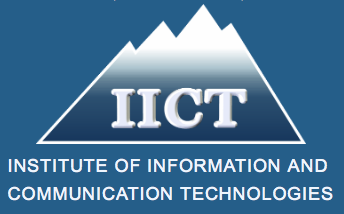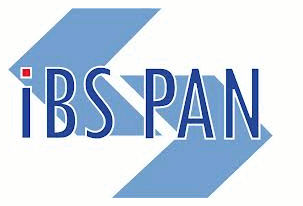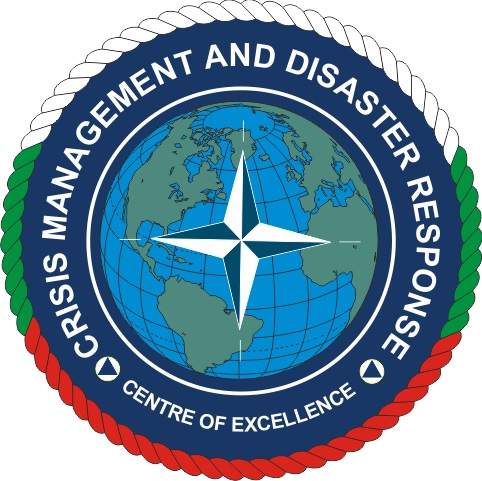 |
4th International Workshop on Artificial Intelligence in Machine Vision and Graphics (AIMaViG’22)
Sofia, Bulgaria, 4 - 7 September, 2022
Committee
Background and goals
The main objective of the 4th Workshop on Artificial Intelligence in Machine Vision and Graphics (AIMaViG’22) is to provide an interdisciplinary forum for researchers and developers to present and discuss the latest advances of artificial intelligence in the context of machine vision and computer graphics. Recent advancements in artificial intelligence resulted in the rapid growth of both methods and applications of machine learning approaches in computer vision, image processing, and analysis. The development of parallel computing capabilities in the first decade of the 21st century that boosted the development of deep neural networks became a real gamechanger in machine vision. The workshop covers the whole range of AI-based theories, methods, algorithms, technologies, and systems for diversified and heterogeneous areas related to digital images and computer graphics.
Topics
The topics and areas include but are not limited to:
-
image processing and analysis:
- image enhancement,
- linear and non-linear filtering,
- object detection and segmentation,
- shape analysis,
- scene analysis and modeling,
- scene understanding,
-
machine learning for vision and graphics:
- pattern recognition,
- deep neural models,
- convolutional networks,
- recurrent networks,
- graph networks,
- generative adversarial networks,
- neural style transfer,
- deep reinforcement learning,
-
machine vision:
- image acquisition,
- stereo and multispectral imaging,
- embedded vision,
- robotic vision,
-
image theory:
- computational geometry,
- image models and transforms,
- modeling of human visual perception,
- visual knowledge representation and reasoning,
-
visualization and computer graphics:
- data-driven image synthesis,
- graphical data presentation,
- computer-aided graphic arts and animation,
-
applications:
- innovative uses of graphic and vision systems,
- image retrieval,
- autonomous driving systems,
- remote sensing,
- digital microscopy,
- security and surveyance systems,
- document analysis,
- OCR systems.
Paper submission
- Authors should submit draft papers (as Postscript, PDF or MSWord file).
- The total length of a paper should not exceed 10 pages IEEE style (including tables, figures and references). IEEE style templates are available here.
- Papers will be refereed and accepted on the basis of their scientific merit and relevance to the workshop.
- Preprints containing accepted papers will be published on a USB memory stick provided to the FedCSIS participants.
- Only papers presented at the conference will be published in Conference Proceedings and submitted for inclusion in the IEEE Xplore® database.
- Conference proceedings will be published in a volume with ISBN, ISSN and DOI numbers and posted at the conference WWW site.
- Conference proceedings will be submitted for indexation according to information here.
- Extended versions of selected papers presented during the conference will be published as Special Issue(s).
- Organizers reserve right to move accepted papers between FedCSIS events.







